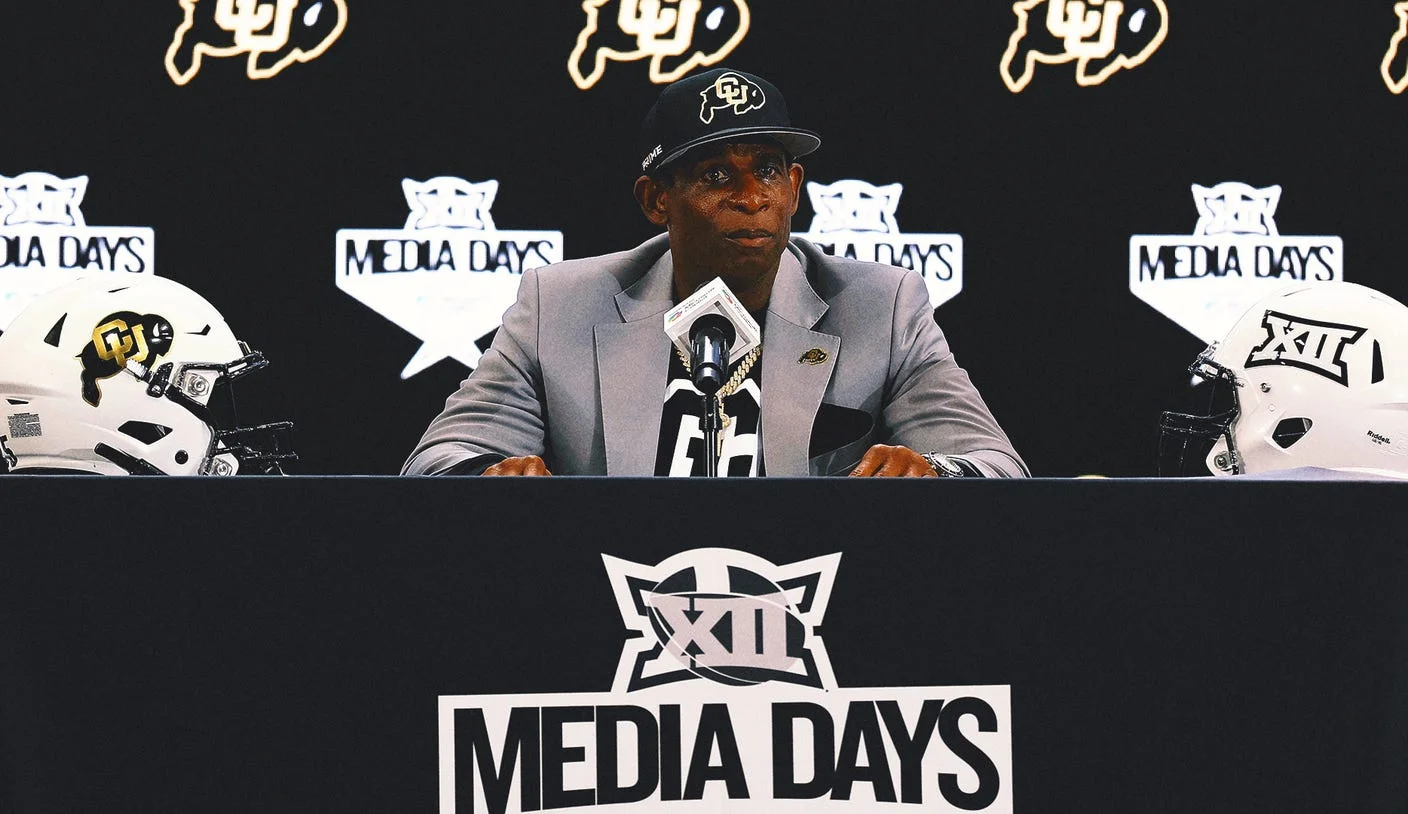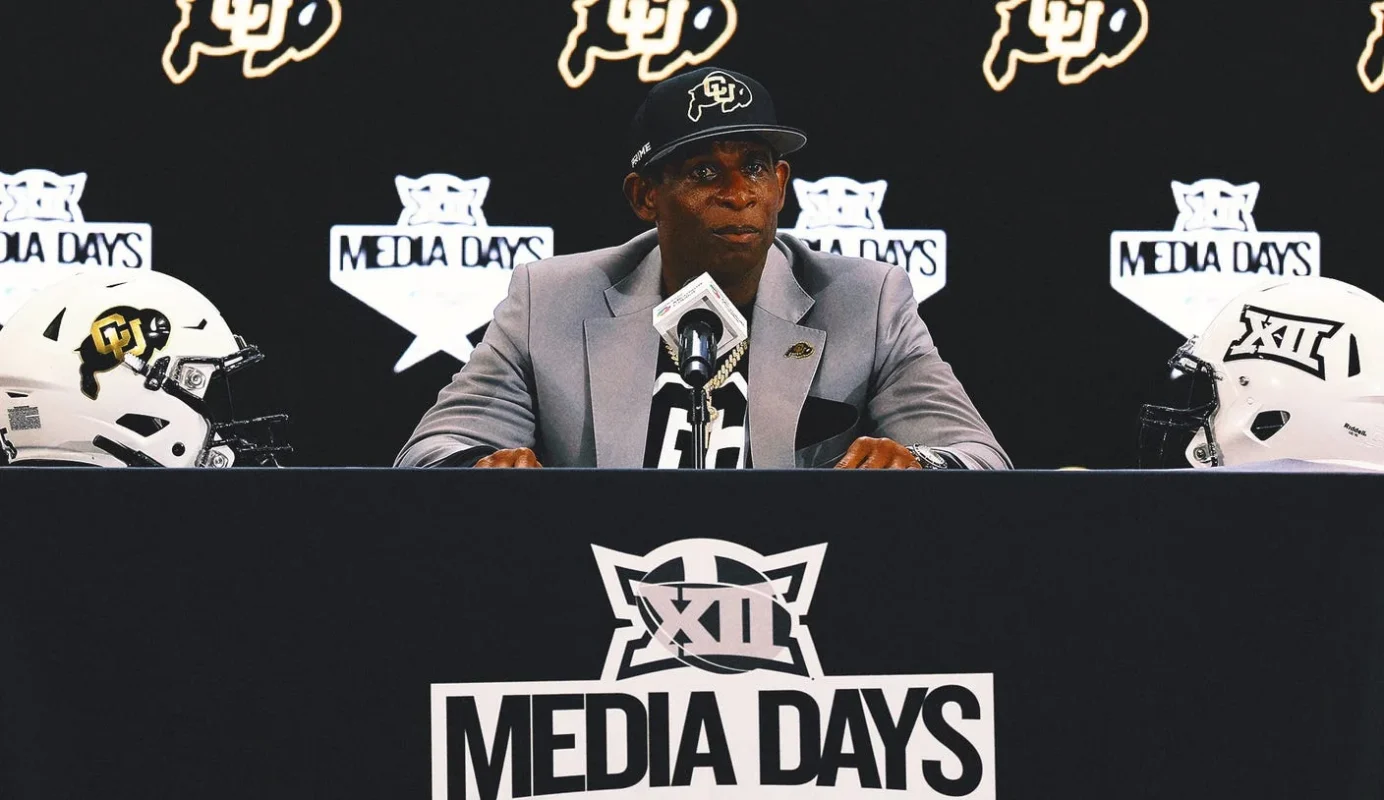
College Football: Greed, Selfishness, and Integrity Issues
During the Big 12 Media Days, eight head coaches gathered around a table, acknowledging that the current NIL (Name, Image, Likeness) system in college athletics is not only flawed but completely unsustainable. Led by Colorado’s head coach Deion Sanders, the coaches expressed their concerns about the greed and selfishness influencing college football today. They all agreed that a significant change is necessary and that the solution is rather straightforward.
This group of coaches—who are all millionaires—are united in their disdain for the rampant greed within the system. It’s evident that no matter the approach, the market for college recruits has become overwhelmingly problematic. Coaches now wield national letters of intent like weapons, despite these letters being renewed annually and functioning as one-year contracts.
The Call for Change
With recent changes allowing players to transfer without sitting out, along with significantly increased NIL payments—sometimes into the millions—the college football landscape has become a battleground for wealthy boosters and programs. On this day, it was apparent that many in the Power 4 league were eager for swift reform. While coaches often feel they are losing control over the sport, they still believe some measures remain within their reach. phdream customer service number 24 7
Among their requests are the implementation of salary caps, enforceable termination and buyout clauses, as well as a collective bargaining agreement, knowing that for this to happen, players would first need their own union. The overwhelming concern amongst these coaches is to eliminate back-door dealings and unethical practices that seem to be surrounding player payments.
Voices from the Coaches
Coach Deion Sanders voiced his wish for a structured cap: “I wish there was a cap. If the top player earns ‘this,’ then others should know where they stand.” He lamented the fact that less talented players can still command exorbitant salaries elsewhere. Houston’s Coach Willie Fritz, with years of experience, expressed deep concern over the integrity of the sport, pointing to challenges in retaining control over committed players in a system rife with interference from various unregulated entities.
TCU’s Coach Sonny Dykes highlighted the issue of communication amongst coaches who could collaborate to address tampering. He suggested a cooperative dialogue to maintain integrity within the recruiting process. However, many coaches feel that their job security often keeps them from making such calls.
Financial Disparities and Competition
Oklahoma State’s Coach Mike Gundy emphasized the urgency of introducing regulations to curb tampering and prevent high school players from receiving outsized payments before they even take the field. The disparity has become glaring, with examples like Michigan’s quarterback Bryce Underwood reportedly set to receive $12 million before playing a down of college football. okebet online casino login registration spinph. com
Kansas Coach Lance Leipold remarked on how representatives, agents, and third parties are trying to manipulate players into seeking better deals, undermining the principles of fair play and integrity that should govern the sport. He asserted that coaches must set an example to encourage transparent dealings.
The Challenge Ahead
Despite these calls for reforms, West Virginia’s Coach Rich Rodriguez expressed skepticism about whether those in power will act decisively. He hopes that the voices of coaches and administrators will take precedence over external influences, like the federal government, but the reality is that navigating the complexities of the NIL landscape is daunting.
Coach Sanders succinctly stated the challenge: “It’s tough to compete against programs spending $25 to $30 million on a freshman class,” illustrating the increasing financial gulf between programs. The past year alone saw Ohio State reportedly invest over $20 million into its roster—a clear signal of the financial arms race taking place.
While the sport of college football has always faced challenges of fairness and equity, the current climate suggests an urgent need for reform. As coaches grapple with these changes, their struggle is not just to win games but to reclaim authority over an institution that has undergone radical transformation legit online casino with free registration bonus. ug777.club They are left wondering: how can they regain control in a system that seems increasingly dictated by those with the deepest pockets?
What do you think needs to change in the current college football landscape to ensure fairness and integrity?

